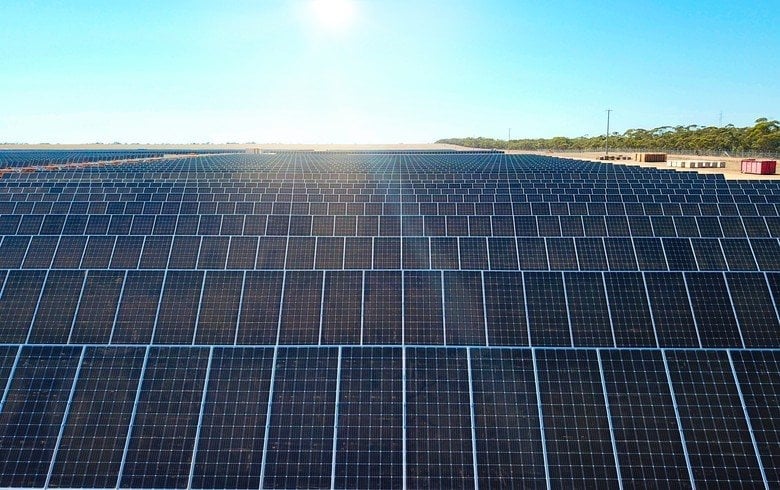Barcelona, facing its worst water shortage in history, is turning to a floating desalination plant as a solution. This innovative plant, with a capacity of 40,000 m3 of water/day, will be installed in the Port of Barcelona and could become operational in the event of a stage 2 emergency drought in the Catalonia region.
In previous years, Barcelona relied on the Llobregat desalination plant to meet its water needs. However, with current levels of supply insufficient for the situation, the government has decided to deploy this new solution. The floating desalination plant will be equipped with state-of-the-art technology and produce approximately 6% of the water consumption for the Barcelona metropolitan area – about 14 million m3 of water per year. The water produced will be stored in reservoirs before being distributed to consumers. Additionally, mobile desalination plants will be installed in the northern Costa Brava region to meet 35% of its water supply needs.
The floating desalination plant offers numerous advantages over traditional water transportation methods. It has no anchoring costs and does not disrupt maritime traffic, allowing it to produce more water at a lower cost than other solutions. This new solution is particularly important given that Barcelona and other regions in Europe are experiencing extreme heat and drought conditions.
Barcelona’s commitment to investing in innovative solutions demonstrates its dedication to environmental sustainability and long-term planning for its residents’ needs. With this installation and other water resource projects underway, the city is taking proactive steps to address its ongoing water crisis and ensure a sustainable future for all those living there.



